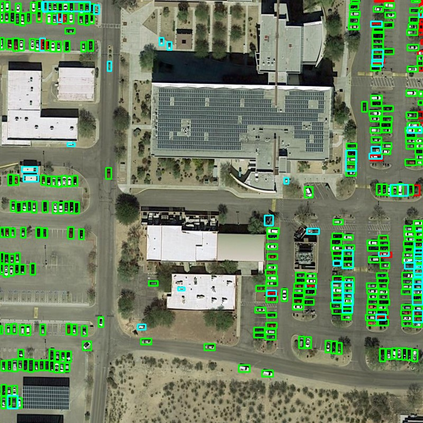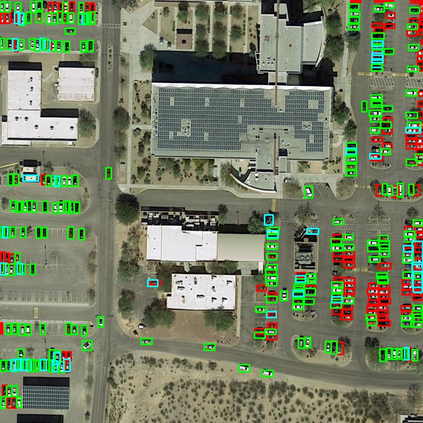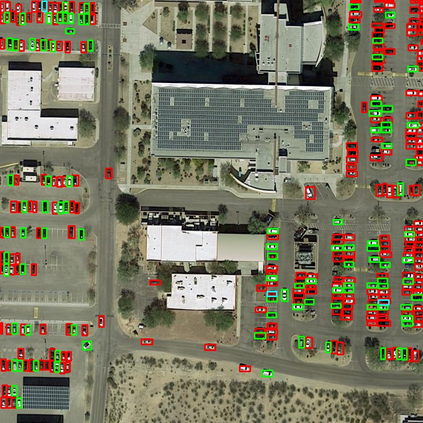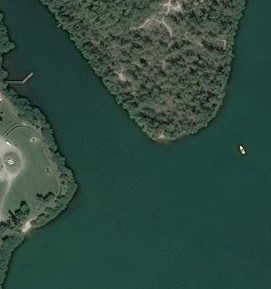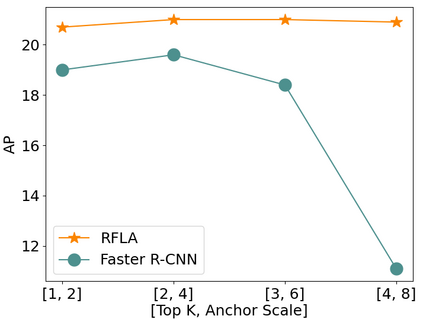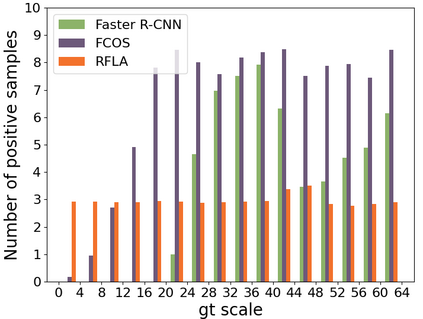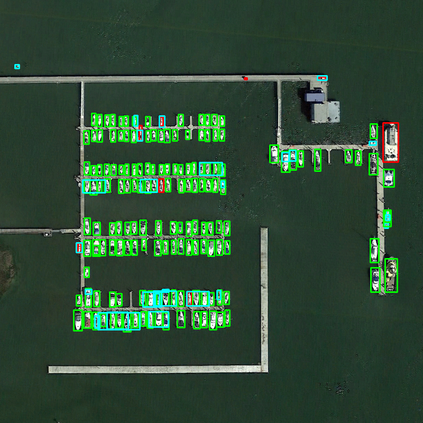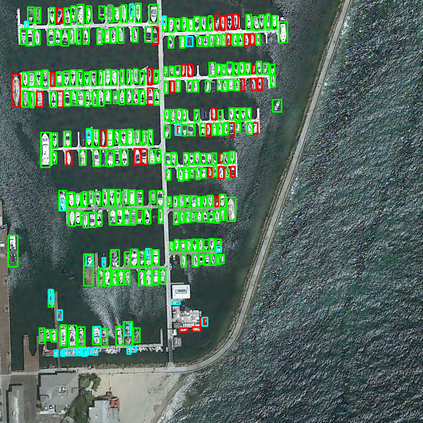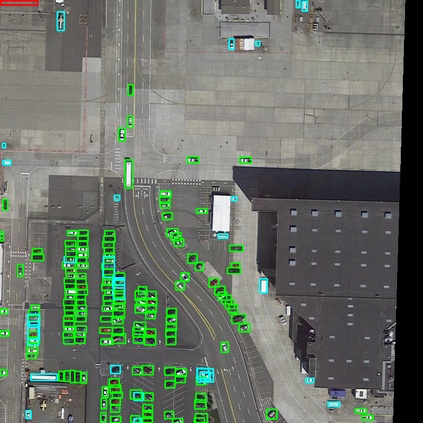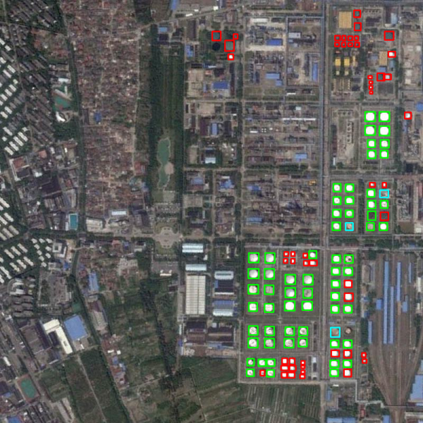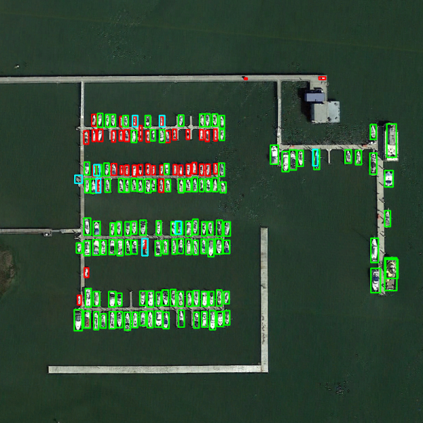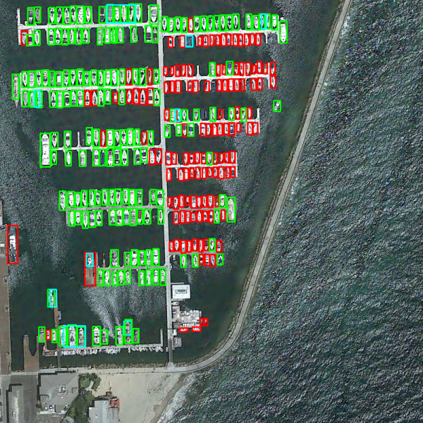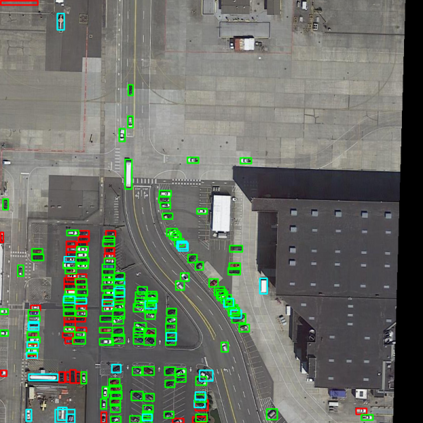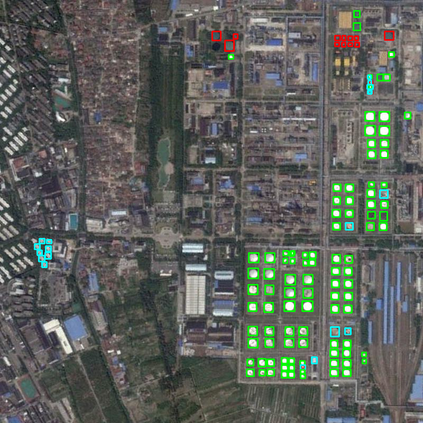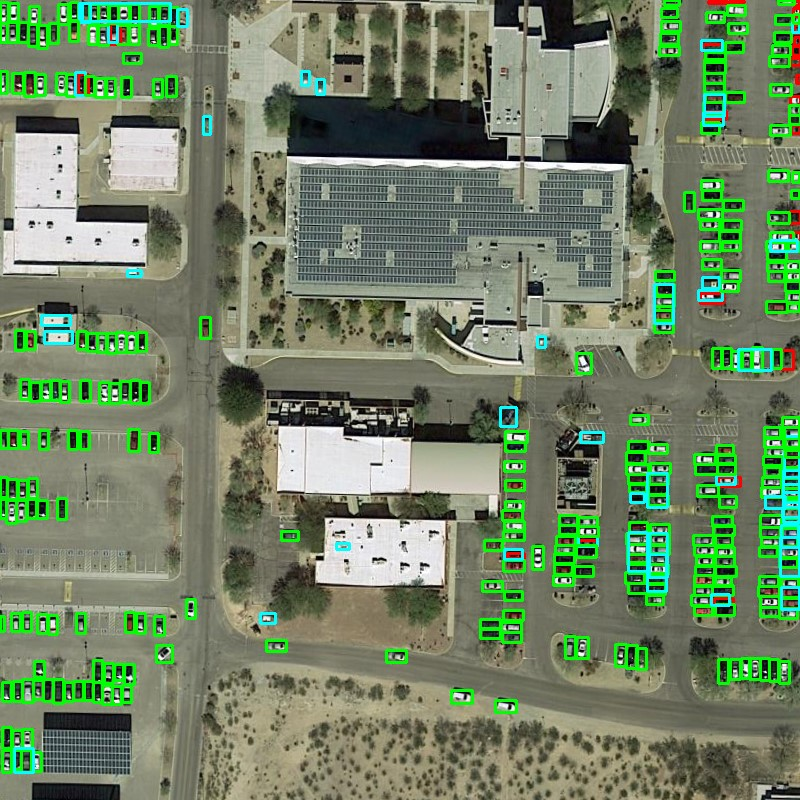Detecting tiny objects is one of the main obstacles hindering the development of object detection. The performance of generic object detectors tends to drastically deteriorate on tiny object detection tasks. In this paper, we point out that either box prior in the anchor-based detector or point prior in the anchor-free detector is sub-optimal for tiny objects. Our key observation is that the current anchor-based or anchor-free label assignment paradigms will incur many outlier tiny-sized ground truth samples, leading to detectors imposing less focus on the tiny objects. To this end, we propose a Gaussian Receptive Field based Label Assignment (RFLA) strategy for tiny object detection. Specifically, RFLA first utilizes the prior information that the feature receptive field follows Gaussian distribution. Then, instead of assigning samples with IoU or center sampling strategy, a new Receptive Field Distance (RFD) is proposed to directly measure the similarity between the Gaussian receptive field and ground truth. Considering that the IoU-threshold based and center sampling strategy are skewed to large objects, we further design a Hierarchical Label Assignment (HLA) module based on RFD to achieve balanced learning for tiny objects. Extensive experiments on four datasets demonstrate the effectiveness of the proposed methods. Especially, our approach outperforms the state-of-the-art competitors with 4.0 AP points on the AI-TOD dataset. Codes are available at https://github.com/Chasel-Tsui/mmdet-rfla
翻译:检测小天体是阻碍天体探测的主要障碍之一。 普通天体探测器的性能往往在小天体探测任务上急剧恶化。 在本文中, 我们指出, 在基于锚的探测器之前的框中, 或者在没有锚的探测器之前的点上, 最不理想的就是小天体。 我们的主要观察是, 当前基于锚或无锚的标签分配模式将产生许多比高斯接受场和地面真理方法相近的极小的地面真象样本, 导致探测器对小天体进行较少的注意。 为此, 我们提出以 Label 任务(RFLA) 为基础的高斯接受场(RFLA) 战略。 具体地点, RFLA首先利用该特性接受场在高斯分布之后的先前信息。 然后, 与IoU或中心取样战略分配样本, 提议新的“ 视界域距离(RFD) 直接测量高斯接受场和地面方法之间的相似性。 考虑到基于IOU公司和中心采样战略对大天体进行扭曲, 我们进一步设计一个基于高地体体体体体体型数据模型的模型,, 测试模型的模型,, 以测试中的数据模型, 以四级数据模型校对四级数据模型进行。

